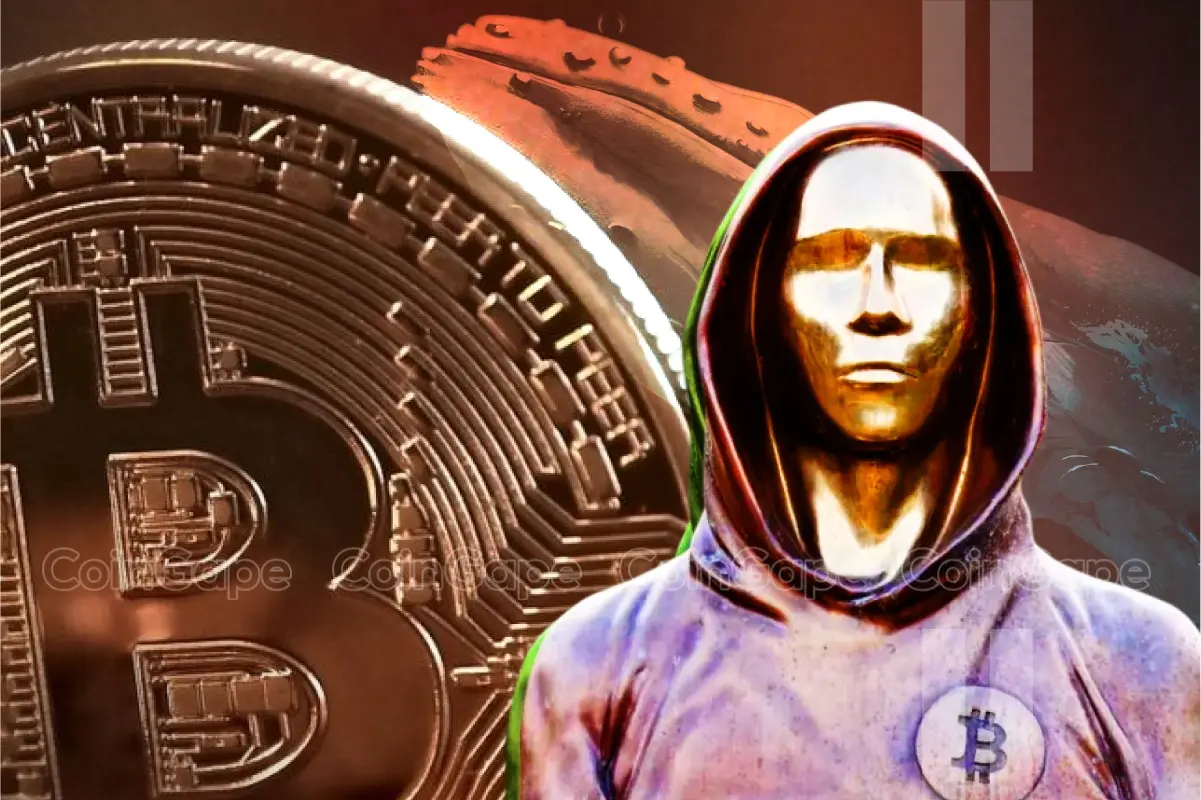
The US Securities and Exchange Commission (SEC) is facing harsh challenges over its assertion over the crypto-linked airdrops. In a fresh move, the Blockchain Association and Crypto Council for Innovation filed an amicus brief in the legal pursuit launched by DeFi Education Fund and Beba Collection against the regulator.
Beba, an apparel company founded by two brothers in Waco, Texas stepped up to sue the SEC over its treatment of airdrops and the lack of clear rules for the crypto sector. Beba agitates that promoting a robust secondary market for its BEBA tokens could provoke the SEC to take enforcement actions.
SEC faces legal pushback over airdrop claims
Blockchain Association and Crypto Council jumped into the legal battle over the concern of whether an airdrop means there is an investment of money even if it’s free. The SEC claims that it is an investment while the Plaintiffs believe that it’s not.
Marisa Tashman Coppel, head of legal at Blockchain Association, in an X post mentioned that airdrops are free distributions of digital assets and there are many different types of airdrops. However, the recipient does not pay for the airdropped asset, it’s free and there is no investment of money.
She highlighted that Prong 1 of the Howey test requires an “investment of money” which must be met to satisfy the test. Coppel argues Supreme Court of the United States clearly meant tangible monetary investment, something more than “nothing.”
1/ Today, @BlockchainAssn & @crypto_council filed an amicus brief in @fund_defi & @BebaCollection v. SEC. Does an airdrop mean there is an investment of money even if it’s free? The SEC says yes; plaintiffs say no. Plaintiffs are right. We explain why.https://t.co/9uVUn23PVN pic.twitter.com/OTIsAEJwM0
— Marisa Tashman Coppel (@MTCoppel) October 28, 2024
The SEC argues that airdrops can satisfy the “investment of money” prong without actual monetary investment. Coppel believes this interpretation is flawed and inconsistent with Howey.
Blockchain Association’s legal head strictly called out the commission’s incoherent framework for regulating digital assets that has stifled innovation and caused confusion. She highlighted that their members have been harmed, and countless others have decided to move offshore. This is impeding the US’s ability to be a leader in this space.
Coppel urges the court to deny the SEC’s motion to dismiss, arguing that clarity in digital asset regulation is essential for both innovation and investor protection.
Coinbase joins legal fight
Since FTX’s collapse in November 2022, the SEC has ramped up enforcement against crypto firms. The watchdog has targeted everyone from small DAOs to major players like Coinbase and Binance.
Gary Gensler, the SEC chair, has become a controversial figure in crypto for asserting that most tokens resemble stocks and should stick to existing securities laws. This stance has led to widespread backlash from the crypto community.
Coinbase also decided to the legal battle for regulatory clarity. The exchange filed an amicus brief on behalf of Beba to stop the destructive regulation by enforcement campaign waged by the commission. Its legal chief had stated that the commission proclaims the “existing” rules work for digital assets, yet the SEC has given no indication as to when the rules apply and how digital-asset firms possibly can comply with them.









